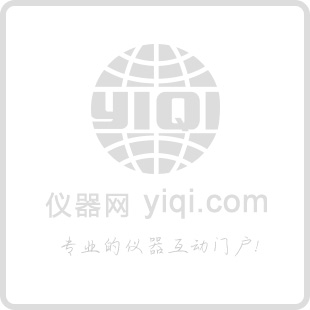 Recombinant Mouse beta-NGF/β-Nerve Growth Factor/β-NGF(131-239)
Recombinant Mouse beta-NGF/β-Nerve Growth Factor/β-NGF(131-239)
 Recombinant Mouse beta-NGF/β-Nerve Growth Factor/β-NGF(131-239)
Recombinant Mouse beta-NGF/β-Nerve Growth Factor/β-NGF(131-239)
 Recombinant Mouse beta-NGF/β-Nerve Growth Factor/β-NGF(131-239)
Recombinant Mouse beta-NGF/β-Nerve Growth Factor/β-NGF(131-239)
 Recombinant human Factor VIIa抗体 - Recombinant human Factor VIIa antibody
Recombinant human Factor VIIa抗体 - Recombinant human Factor VIIa antibody
 Recombinant NGF protein
Recombinant NGF protein
 Recombinant NGF protein
Recombinant NGF protein
 Recombinant NGF R, Human
Recombinant NGF R, Human
 Recombinant NGF R, Human
Recombinant NGF R, Human
 Recombinant NGF protein
Recombinant NGF protein
 PRO-331【Factor-VIIa】重组人凝血因子VIIa - Recombinant Human Factor VIIa
PRO-331【Factor-VIIa】重组人凝血因子VIIa - Recombinant Human Factor VIIa
 PRO-318【Factor-VIII】重组人凝血因子VIII - Recombinant Human Factor VIII
PRO-318【Factor-VIII】重组人凝血因子VIII - Recombinant Human Factor VIII
 PRO-502【Factor-VIII RA】重组人凝血因子VIII相关抗原 - Recombinant Human Factor VIII Relat...
PRO-502【Factor-VIII RA】重组人凝血因子VIII相关抗原 - Recombinant Human Factor VIII Relat...
本产品信息由(江西江蓝纯生物试剂有限公司)为您提供,内容包括( Recombinant Mouse beta-NGF/β-Nerve Growth Factor/β-NGF(131-239))的品牌、型号、技术参数、详细介绍等;如果您想了解更多关于( Recombinant Mouse beta-NGF/β-Nerve Growth Factor/β-NGF(131-239))的信息,请直接联系供应商,给供应商留言。若当前页面内容侵犯到您的权益,请及时告知我们,我们将马上修改或删除。